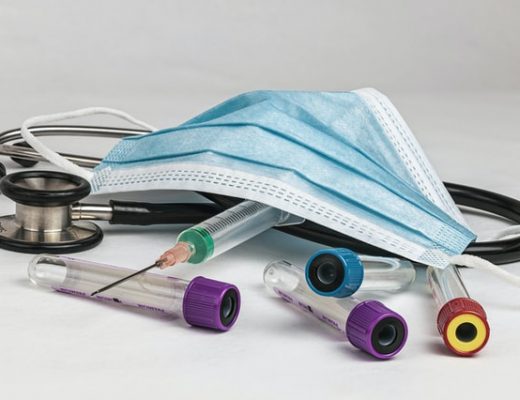A group of people who understand what you’re going through can help. They can give you a listening ear, a shoulder to lean on, and an opportunity to discuss your concerns.
Some groups have a social component, like volunteer days or picnics. These can help you meet new friends and build community.
Get the Word Out
A support group can provide emotional support, advice, education, and resources to help you cope with living with a chronic condition. It can also help you feel less alone and give you a sense of belonging to a community that shares your experiences.
Traditional support groups typically involve in-person meetings where members interact with others who have experienced the same symptoms they are dealing with. Hospitals, gastroenterologists’ offices, and community centers may host these.
Making connections with people experiencing similar things can be done with the help of online support groups. One study found that participants participating in an online IBD support group experience improved quality of life, reduced anxiety and depression, increased social connection, and a feeling of belonging to a community.
Find a Venue
Support groups for people with Crohn’s disease are a terrific opportunity to meet people who share your experiences. They can also provide helpful information about your condition and the latest treatments and integrative therapies.
In addition, they can help alleviate stress and improve your quality of life. Your neighborhood Crohn’s and colitis association is an excellent place to start.
For example, the CCFA website has a Medicine Assistance Tool that allows you to be matched with organizations that can help you lower your medical bills. It’s also a good idea to check out their Patient Financial Assistance Programs page, which lists companies that offer discount cards for Crohn’s drugs and other helpful services. Lastly, the CCFA website has an excellent list of your area’s local Crohn’s and colitis groups.
Get a Facilitator
Getting a good facilitator is essential when starting your own Crohn’s disease support group. This individual will help your group discuss problems, organize discussions, and resolve conflicts.
They can also give your group new ideas for running the meetings. They are neutral and unbiased.
The best facilitators have experience in the subject matter they are working with.
There are many professional associations for facilitators. You can also use referrals from friends and family.
Create a Meeting Schedule
Whether you’re meeting in person or via video conferencing, a proper agenda is crucial for a successful session. It will guide attendees and ensure they understand the timelines and activities for each topic.
A schedule will also help you identify the best time and day to meet with your group members. It will save you from back-and-forth emails and minimize confusion about time zones.
Once you’ve identified a time that works best for your group, it’s time to send out the meeting invite. It can be done directly in an email or through a scheduling tool like SavvyCal.
Make a Sign-Up List
Symptoms of Crohn’s disease and ulcerative colitis, including diarrhea, cramping, fatigue, reduced appetite, and weight loss, can be very frustrating. But most people with IBD can lead healthy lives.
Medications and diet may help control symptoms or bring them into remission (when you don’t have any symptoms). Regular monitoring and colonoscopies by your gastroenterologist may also prevent complications from developing.
Getting emotional support can be especially helpful for people who feel isolated due to their condition. A support group can give you a venue to meet individuals who understand your struggles and can provide you with helpful guidance.
Ask for Volunteers
The support of friends and family is invaluable to people with Crohn’s disease or ulcerative colitis. They help patients and caregivers cope with their diagnosis and learn how to manage their condition.
Volunteers can help in various ways, including fundraising, event planning, and outreach work. In addition, they provide emotional support and give back to the community.
Consider joining a Crohn’s or inflammatory bowel disease (IBD) support group if you’re looking for a way to get involved. These groups provide emotional support, educational resources, and the chance to connect with others with IBD.
Make a Donation
Living with a condition like Crohn’s disease is hard without support. It can be incredibly challenging when your symptoms flare up unexpectedly and you cannot keep up with social obligations.
Your healthcare team will work with you to get your symptoms under control. Treatments include medications, dietary changes, and surgery.
You may also have a capsule endoscopy test to examine your small intestine. It involves swallowing a capsule with a camera on end.
If you have Crohn’s disease, there are many support groups worldwide where you can meet people who understand what you’re going through. They can provide emotional support, information, and a better understanding of the disease. They may also offer fundraising and volunteering opportunities. These support groups can benefit those with Crohn’s disease and those who care for them.



